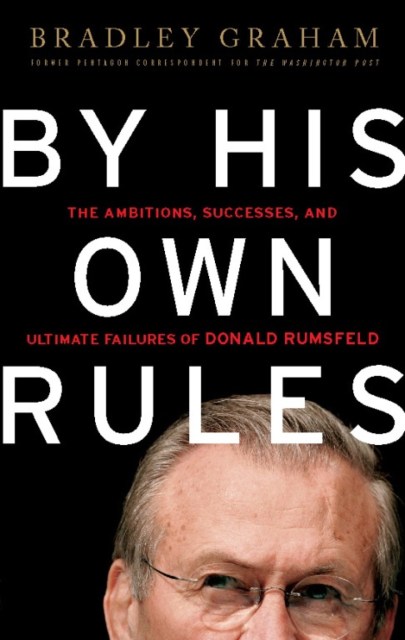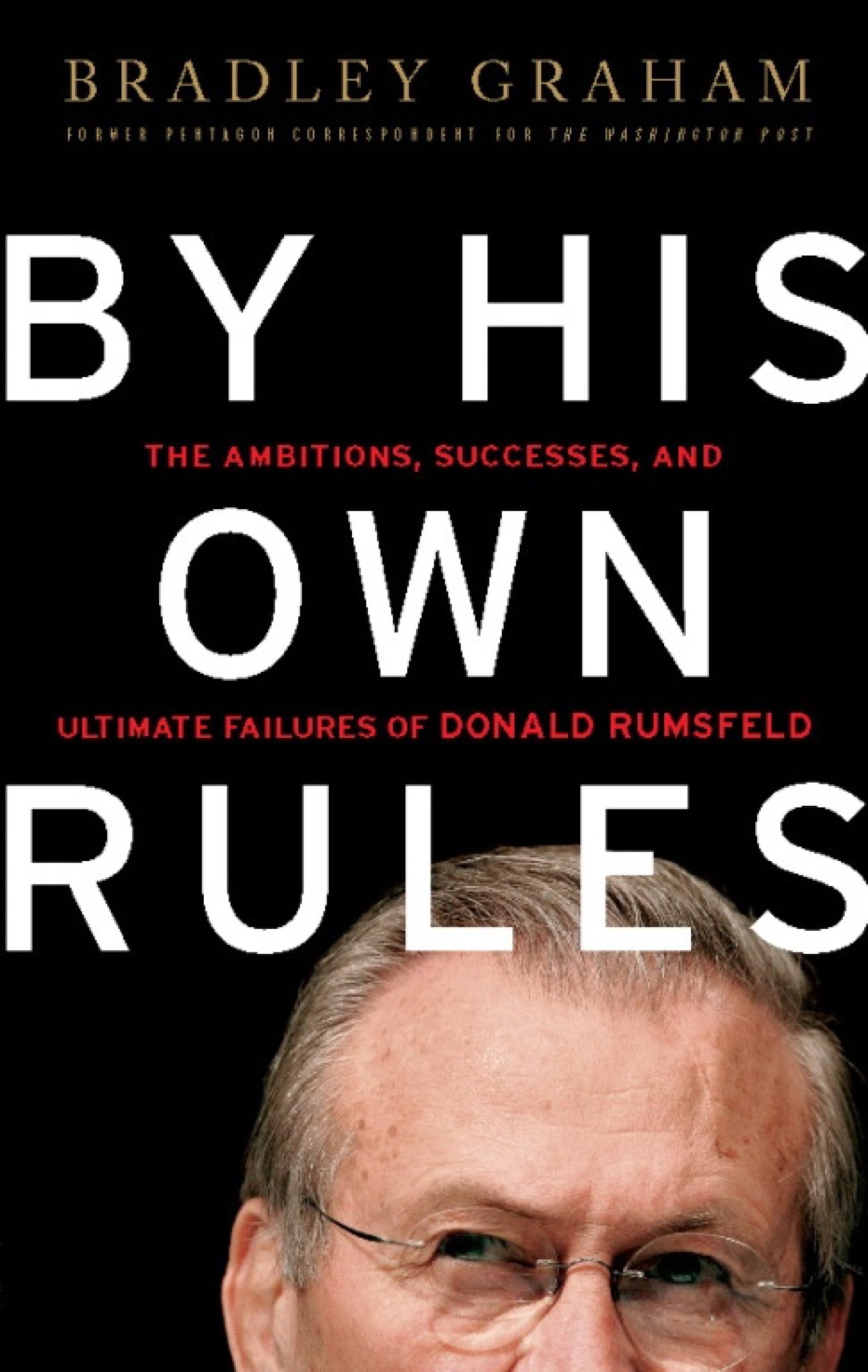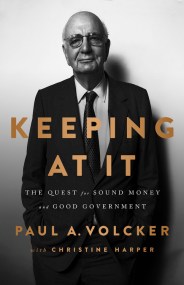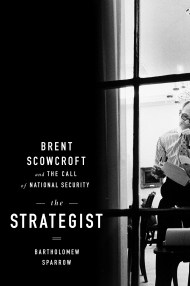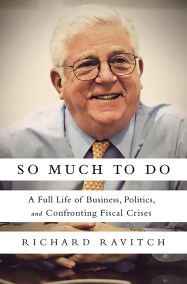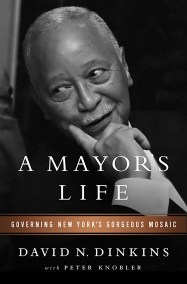By clicking “Accept,” you agree to the use of cookies and similar technologies on your device as set forth in our Cookie Policy and our Privacy Policy. Please note that certain cookies are essential for this website to function properly and do not require user consent to be deployed.
By His Own Rules
The Ambitions, Successes, and Ultimate Failures of Donald Rumsfeld
Contributors
Formats and Prices
- On Sale
- Jun 23, 2009
- Page Count
- 832 pages
- Publisher
- PublicAffairs
- ISBN-13
- 9781586486501
Price
$12.99Price
$16.99 CADFormat
Format:
- ebook $12.99 $16.99 CAD
- Trade Paperback $31.99 $40.99 CAD
This item is a preorder. Your payment method will be charged immediately, and the product is expected to ship on or around June 23, 2009. This date is subject to change due to shipping delays beyond our control.
Buy from Other Retailers:
-
The Washington Post
"In this meticulously researched and compelling book, veteran Washington Post reporter Bradley Graham acknowledges these contributors to the national-security travails of the Bush years, but he highlights another as well: the secretary of defense's unwavering commitment to military transformation, his vision of a leaner, more lethal Department of Defense."
Politico
"Donald Rumsfeld has been excoriated by both Democrats and Republicans for his handling of the Iraq war. This biography reveals a more nuanced picture than the conventional wisdom would suggest."
Jamie Fly, executive director of The Foreign Policy Initiative
"Washington Post reporter Bradley Graham chronicles the full span of Rumsfeld's remarkable career in a surprisingly balanced and fair new biography...Graham does an excellent job of tracing the man's meteoric rise in Washington, relaying insights from friends and associates about the famed Rumsfeld management style, which some call one of his biggest faults." -
Thomas E. Ricks, Pulitzer-prize winning journalist and author of The Gamble and Fiasco
"Donald Rumsfeld is one of the most interesting and troubling figures of the Bush era, and Bradley Graham is the perfect writer to explore his reign at the Pentagon. Graham, a veteran military reporter, is scrupulously fair in weighing Rumsfeld's strengths and weaknesses. This is likely to be the definitive book on Rumsfeld, one that historians will turn to a century from now."
LA Times
"Among the handful of books likely to stand above mere topicality....What's particularly remarkable about the qualities Graham brings to this project is the extraordinary fair-mindedness with which he approaches his subject. He does not stint on analysis, but Rumsfeld's considerable virtues--flawless integrity and an unshakable lifelong commitment to civil rights, for example--are treated right alongside his overweening flaws: arrogance, a bullying intellect, tireless self-promotion. The result is an engrossing biography; its thorough, capacious reporting leaves those value judgments not absolutely required by the weight of evidence to the reader. There's a sturdy, old-fashioned quality to Graham's approach to his subject and this material, and the match works brilliantly. This is, in other words, a major--and highly important--American political biography.
Newsletter Signup
By clicking ‘Sign Up,’ I acknowledge that I have read and agree to Hachette Book Group’s Privacy Policy and Terms of Use
